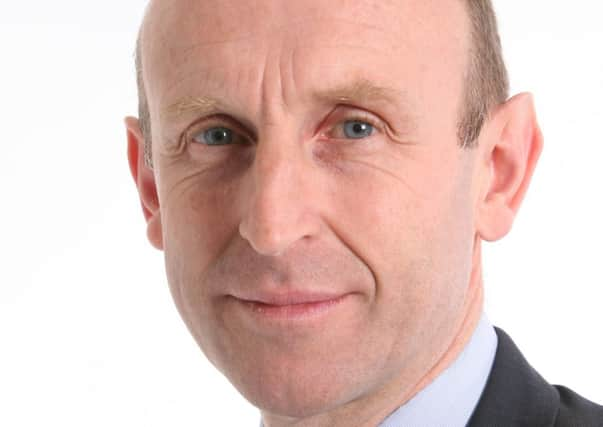Call to axe premium rate lines as public pay £56m


An influential committee of MPs has revealed that more than 100 million calls by the public to government departments were charged at the premium rates in a practice that Ministers have been told must end.
The chairwoman of the Public Accounts Committee, Margaret Hodge, said taxpayers should be able to contact the Government’s services “easily and cheaply”. But in a report, the committee said of 208 million calls in 2012-13, some 63 per cent were made to higher rate numbers at an estimated total cost of £56m. The Department for Work and Pensions received 100 million of calls and HM Revenue and Customs took 68 million calls.
Advertisement
Hide AdAdvertisement
Hide AdThe campaign to bring an end to the use of premium rates has been spearheaded by the Labour MP for Wentworth and Dearne, John Healey, who was first alerted to the problem by his constituents.
He said: “There are hundreds of thousands of people who need help and advice to ensure that they can claim the benefits they are entitled to, but they cannot access this advice without using the premium rate lines.
“It is often the most vulnerable members of society who need the help, but people have given up on seeking the advice because they simply cannot afford to pay for the phone calls.
“This was highlighted to me by my constituents, but it shows people can work through their local MP to make real changes at a national level.”
Advertisement
Hide AdAdvertisement
Hide AdThe report by the Public Accounts Committee also said calls to the Government’s departments take too long to answer.
It found most departments have no targets at all, despite a normal industry benchmark demanding calls be answered within 20 seconds.
It said HM Revenue and Customs answered just 16 per cent of calls made to its tax credit helpline on July 31, the deadline day for notifying change of circumstances. It said that across the first quarter of 2013-14, average call waits at HM Revenue and Customs were seven minutes.
Mrs Hodge confirmed customers spent an estimated £56m on calls using higher-rate numbers, from lines run by the Department for Work and Pensions to help-lines for victim support and the Bereavement Service and the inquiries and complaints line of the Student Loans Company.
Advertisement
Hide AdAdvertisement
Hide AdShe said: “Customers of government services should be able to contact those services easily and cheaply. Charging customers higher rates by making them use 0845 or other high-rate numbers is not acceptable, especially when the customers are often vulnerable people.
“We found that one third of customer telephone lines across central government used higher-rate numbers. Half of those lines serve the poorest people.”
Mrs Hodge welcomed the commitment by the Department for Work and Pensions to phase out 0845 numbers and said there should be “low-cost alternatives” for vulnerable people.
The chief executive of the TaxPayers’ Alliance, Matthew Sinclair, added: “Charging people via the back door to contact departments and public bodies is unacceptable. Premium rate lines not only cost a fortune to use but hit those on low incomes particularly hard. It’s time Ministers scrapped these rip-off charges as we pay enough for government bureaucracy already without a stealth telephone tax adding to that.”
Advertisement
Hide AdAdvertisement
Hide AdA Government spokesman said the digital drive is creating online services which are “so good that people prefer to use them”.
He added: “We agree it is inappropriate for vulnerable people to pay high charges for accessing vital public services and we are clear that a more consistent approach is needed.
“The Cabinet Office now runs a cross-departmental group to consider customer telephone lines. This group has made good progress in drafting guidance on prefix number selection and establishing best practice.
“We will publish this guidance and have a standing remit to ensure it is kept up to date.”